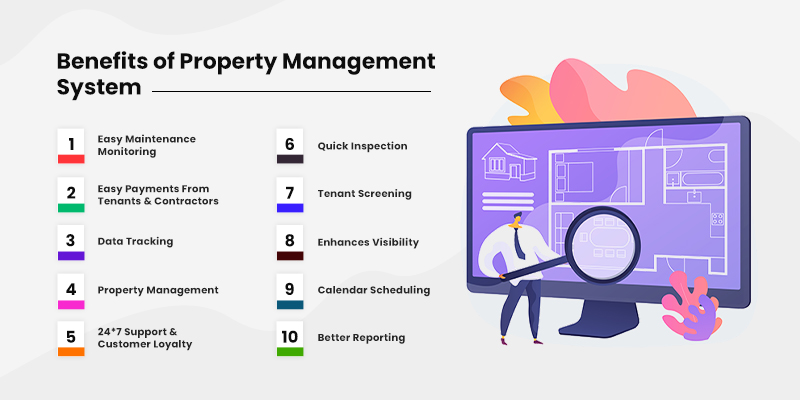The world of work is complex and multifaceted, with an array of job types and schedules to suit a variety of needs. Among these, night jobs or part-time work that takes place in the evening hours has become increasingly popular. However, while some laud the flexibility and potential for increased earnings that can come with working nights, there are also darker aspects to this type of employment that often go unacknowledged.
One common myth about night jobs is that they offer greater flexibility than traditional day jobs. While it’s true that night shifts may allow workers to avoid typical daytime commitments like childcare or school schedules, this doesn’t necessarily translate into more free time overall. In reality, many people who work nights find themselves struggling to balance sleep with other responsibilities during daylight hours.
Another misconception is the idea that part-time evening work equates to easy money. Some people believe they can maintain their regular day job and add a few extra hours at night for additional income without any negative impact on their well-being or performance. The reality, however, is quite different. Numerous studies have shown links between long-term night shift work and various health problems including cardiovascular disease, gastrointestinal disorders and 밤알바 even certain types of cancer.
Furthermore, the societal perception often tends towards viewing those who take up night jobs as less committed or less professional compared to those in traditional roles. This stereotype neglects the fact that many individuals opt for such roles not out of choice but necessity due either financial constraints or personal circumstances.
It’s also worth noting the psychological toll associated with working when most people are asleep. Night workers often report feeling isolated from friends and family whose schedules don’t align with theirs leading to feelings of loneliness which can exacerbate existing mental health conditions like anxiety or depression.
However bleak these realities might sound though; it’s important not to overlook the benefits associated with part-time evening work too – particularly for those who are natural ‘night owls’. For these individuals, working nights can align better with their body’s natural rhythms leading to improved productivity and job satisfaction. Additionally, certain industries such as healthcare or emergency services offer premium pay rates for night shifts which can significantly boost earnings.
In conclusion, while part-time night work certainly has its dark side in terms of health risks and societal perceptions, it also offers unique advantages that may make it a suitable choice for some. As with any employment decision, it’s crucial to weigh the potential benefits against the drawbacks before deciding if this type of work is right for you. It’s equally important for employers to acknowledge these challenges and strive to create healthier and more inclusive environments for all workers – regardless of when they clock in.




